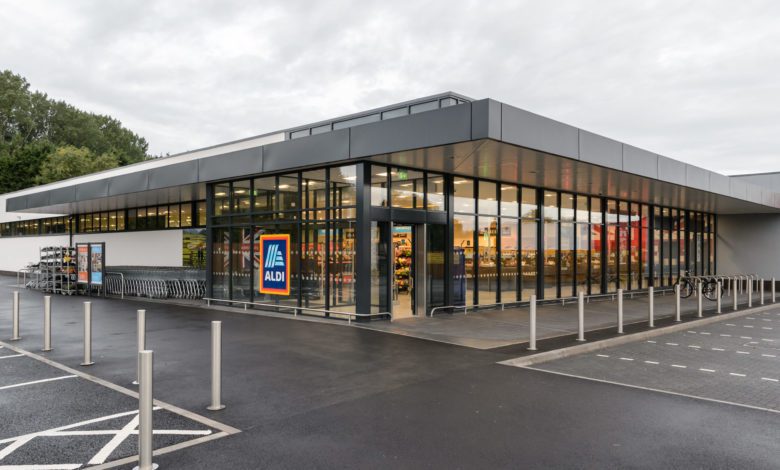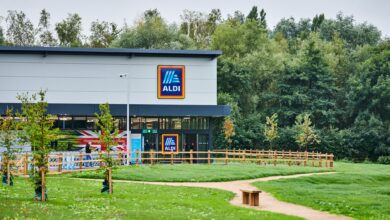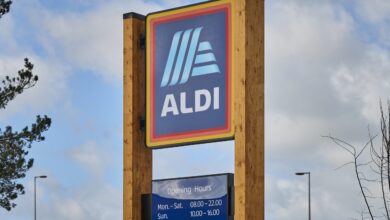Supermarkets
Aldi becomes Britain’s fourth largest supermarket as inflation hits
According to new figures from Kantar, Aldi’s sales rose by 18.7% over the 12 weeks to 4 September 2022, reaching a 9.3% market share

For the first time ever, Aldi has become Britain’s fourth largest supermarket, as discount grocers continue to benefit from customers who are managing their budgets amid rising inflation.
You'll need to
subscribe to unlock this content. Already subscribed? Login?




